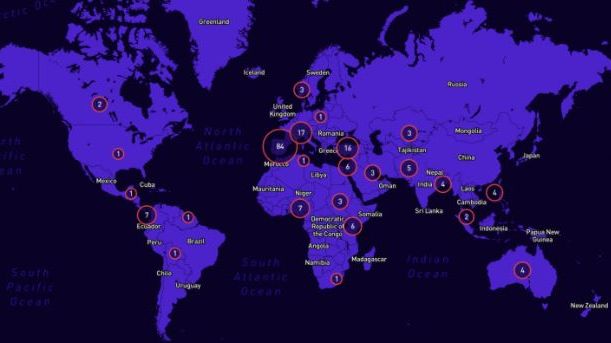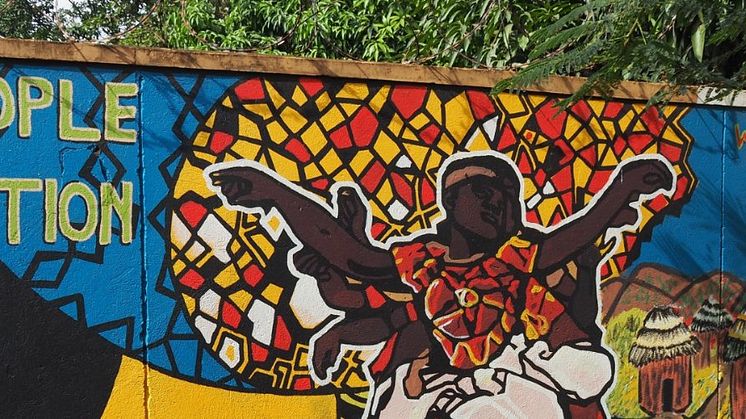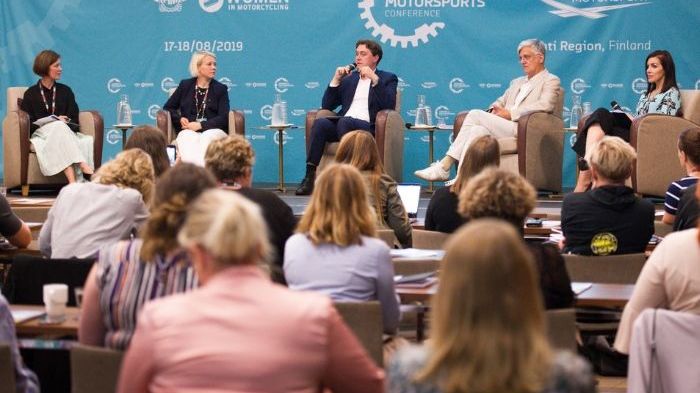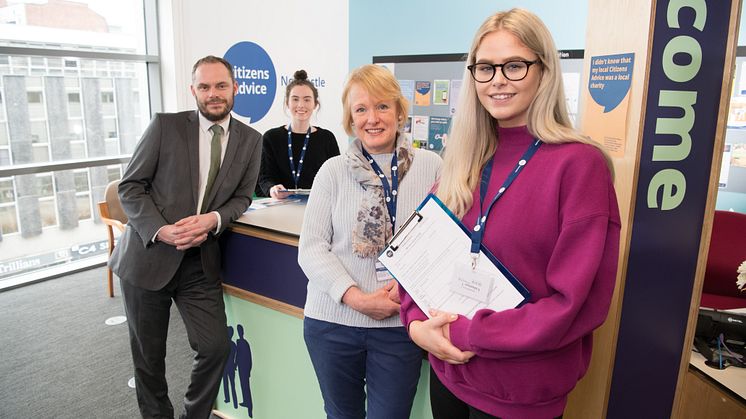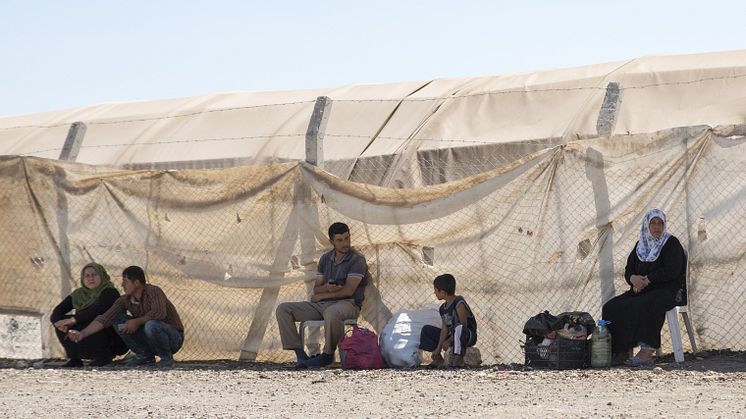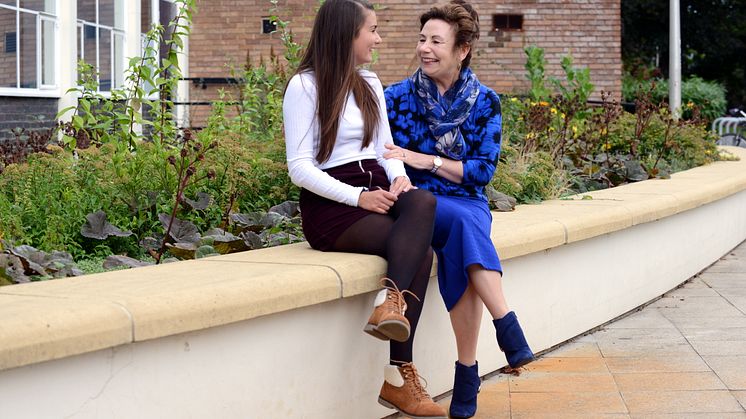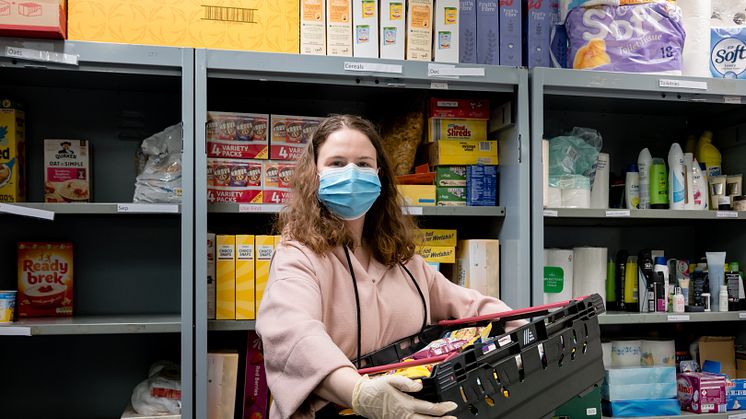
Press release -
Voluntary action and Covid-19 – new research will explore lessons learnt and recommendations for UK recovery
Experts from across academia and the voluntary sector are to carry out a major research project into the role of voluntary action in the Covid-19 pandemic – exploring the challenges, what worked well and making recommendations to inform planning for future crises.
The research will compare the volunteering response in each of the UK’s four nations, sharing positive examples with the aim of shaping future policy and supporting the UK’s economic and social recovery.
The project is a partnership between six UK universities and representatives from a variety of voluntary organisations, including the four key voluntary sector infrastructure bodies for England, Scotland, Wales and Northern Ireland.
Almost £420,000 has been awarded by the Economic and Social Research Council (ESRC), part of UK Research and Innovation (UKRI), following a rapid response call for projects which contribute to our understanding of, and response to, the Covid-19 pandemic and its impacts.
Irene Hardill, Professor of Public Policy at Northumbria University, is principal investigator, and over the next 12 months will work alongside Jurgen Grotz, of University of East Anglia; Eddy Hogg, of University of Kent; Ewen Speed, of University of Essex; Alasdair Rutherford, of University of Stirling; and Rhys Dafydd Jones, of Aberystwyth University.
Representatives from England’s National Council for Voluntary Organisations (NCVO), Volunteer Scotland, Wales Council for Voluntary Action (WCVA), and Northern Ireland’s Volunteer Now will work alongside the academics, providing insight into volunteering trends and experiences across the whole of the UK.
Professor Hardill said: “During the pandemic we have seen voluntary action step in and step up as the first response to immediate need.
“The sector has rapidly improvised new relationships between voluntary action and the state, forging a new ‘partnership of necessity’.
“We know we face an uncertain future but the delivery of social welfare, with the state working in partnership with the voluntary sector, is critical for us pulling through as a country.”
Dr Jurgen Grotz, Director of the Institute for Volunteering Research at the University of East Anglia (UEA) added: “The pandemic has not only disrupted all our individual lives but also long standing relationships and understandings between voluntary action and governments at their various levels.
“This project will help us to understand a newly emerging landscape and to support a collective effort of national healing.”
The first stage of the project will involve examining how prepared each of the four nations was before the pandemic hit, and what role voluntary action, organisations and volunteers played in these preparedness plans.
The team will then examine the impact Covid-19 has had on volunteers and volunteering, from face to face activities having to be paused, projects delivered in new ways, to new forms of voluntary action emerging, for example through mobilising voluntary action via online platforms and community self-help.
Once the evidence has been gathered it will be analysed, with the results presented in a series of government briefings across the four nations.
Recommendations will be made on the role volunteering and voluntary organisations could play in the UK’s recovery from the Covid-19 pandemic, with the final report expected to inform future policy development.
The project, entitled Mobilising Voluntary Action in the four UK jurisdictions: Learning from today, prepared for tomorrow, is one of four involving Northumbria University academics which have recently been awarded funding through the UKRI Covid-19 response fund.
Northumbria is consortium lead in three of the projects, which are worth a total of £1.2m between them.
Professor George Marston, Pro Vice-Chancellor for Research and Innovation at Northumbria, believes winning the funding from UKRI reflects the growing strength and expertise of the University’s research which has already contributed significantly to the regional and national response to Covid-19.
He said: “Our world-leading research is making a positive and lasting impact across society, economically, culturally and through our work on health and wellbeing.
“We are helping businesses innovate and grow, identifying and meeting future skill needs, and improving scenario planning, problem solving and policy making - both in response to the pandemic now and looking ahead to the future.
“There have been thousands of rapid response bids to UKRI, so to be selected as the lead on three projects and a co-investigator on another is a recognition of the quality of research at Northumbria.”
Topics
Categories
Northumbria is a research-rich, business-focused, professional university with a global reputation for academic excellence. Find out more about us at www.northumbria.ac.uk --- Please contact our Media and Communications team at media.communications@northumbria.ac.uk with any media enquiries or interview requests ---







